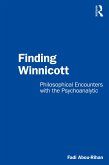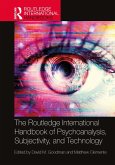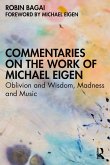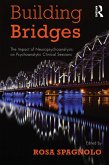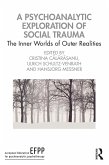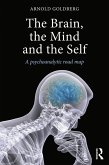Dieser Download kann aus rechtlichen Gründen nur mit Rechnungsadresse in A, B, BG, CY, CZ, D, DK, EW, E, FIN, F, GR, HR, H, IRL, I, LT, L, LR, M, NL, PL, P, R, S, SLO, SK ausgeliefert werden.
Hinweis: Dieser Artikel kann nur an eine deutsche Lieferadresse ausgeliefert werden.
Akhtar and Twemlow's Textbook of Applied Psychoanalysis is an original, courageous and extremely useful volume for psychoanalysts and non- psychoanalysts alike. They have brought together forty four distinguished contributors to tackle a wide variety of topics. These experts elucidate the customary concerns of applied psychoanalysis such as fiction, painting, sculpture, music and photography and also explore contemporary issues including migration, poverty, terrorism, cyber -psychology, and inter-ethnic conflict. This is an important book indeed.
Marilia Aisenstein (France)
This wonderful collection of essays creates new bridges between psychoanalysis and other cultural fields while assuring that the conceptual traffic remains interdisciplinary and bi-directional. The innovative and openminded vision of its editors, the unexpected variety and broad range of areas covered, and the scientific prestige of the contributors will deservedly attract and influence a wide international readership.
Stefano Bolognini (Italy)
At last we have the definitive book on the psychoanalytic understanding of diverse cultural phenomena and vexing social issues. In covering an astonishing range of themes - from fine and performing arts to biology, from human sciences to society and politics - this encyclopedic volume becomes an invaluable guide for everyone who wants to know what the best of contemporary psychoanalysis has to offer outside the clinic.
Sudhir Kakar (India)
This book is an all-encompassing attempt to apply the conceptual tools of psychoanalysis to enhance our understanding of various cultural and sociopolitical aspects of human life. It is unique since it is firmly anchored in psychoanalytic theory and yet exemplifies a genuine effort at interdisciplinary collaboration. It is a timely and highly relevant book for all.
Ilany Kogan (Israel)
Salman Akhtar and Stuart Twemlow have created much more than the most complete volume about psychoanalysis and its contributions to the arts, literature, neuroscience, the social sciences, and critical social issues facing humankind today. They make the overdue case that psychoanalysis has much to offer and learn from other fields while enriching its own unique set of ideas. Readers will be in awe and feel grateful.
Mark D. Smaller (United States)




